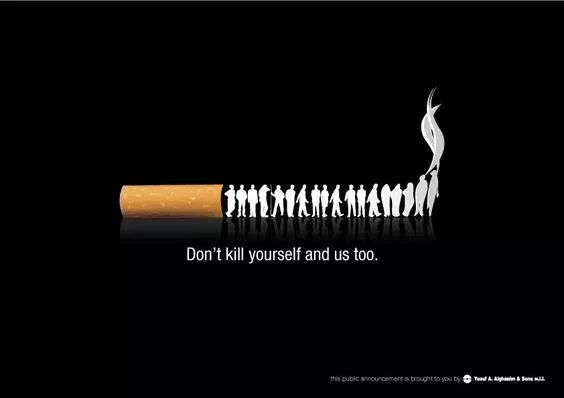Insomnia After Quitting: A Troublesome Symptom
Introduction
Quitting an addiction—whether it's smoking, alcohol, caffeine, or even certain medications—can be a challenging journey. While many focus on the immediate withdrawal symptoms like cravings, irritability, or fatigue, one often overlooked but highly disruptive issue is insomnia after quitting.
Sleep disturbances are a common yet frustrating side effect of withdrawal. Many individuals report difficulty falling asleep, staying asleep, or experiencing poor sleep quality after quitting a substance. This article explores the causes of post-quitting insomnia, its effects on recovery, and practical strategies to manage it.
Why Does Insomnia Occur After Quitting?
1. Neurochemical Imbalance
Many addictive substances alter brain chemistry, particularly neurotransmitters like dopamine, serotonin, and GABA, which regulate mood and sleep. When you quit, your brain struggles to rebalance these chemicals, leading to sleep disruptions.
- Nicotine withdrawal: Affects acetylcholine receptors, leading to restlessness.
- Alcohol withdrawal: Reduces GABA activity, causing hyperarousal.
- Caffeine withdrawal: Disrupts adenosine regulation, increasing wakefulness.
2. Psychological Factors
Withdrawal often triggers anxiety, depression, and stress, all of which contribute to insomnia. The mind may race with cravings or emotional distress, making it hard to relax.
3. Disrupted Circadian Rhythm
Substances like alcohol or sedatives may have artificially regulated sleep patterns. Once removed, the body must readjust its natural sleep-wake cycle, which can take time.
The Impact of Insomnia on Recovery
Poor sleep doesn’t just leave you tired—it can hinder recovery in several ways:
- Increased cravings: Sleep deprivation lowers impulse control, making relapse more likely.
- Mood disturbances: Fatigue worsens irritability, anxiety, and depression.
- Cognitive decline: Lack of sleep impairs memory, focus, and decision-making.
Without proper sleep, the body and mind struggle to heal, prolonging withdrawal symptoms.
How to Manage Insomnia After Quitting
1. Establish a Sleep Routine
- Go to bed and wake up at the same time daily (even on weekends).
- Avoid screens 1 hour before bed—blue light suppresses melatonin.
- Create a relaxing pre-sleep ritual (reading, meditation, warm baths).
2. Optimize Your Sleep Environment
- Keep the bedroom cool, dark, and quiet.
- Use blackout curtains or a sleep mask if needed.
- Invest in a comfortable mattress and pillows.
3. Avoid Stimulants and Heavy Meals
- Limit caffeine, especially in the afternoon.
- Avoid nicotine and alcohol, as they disrupt sleep cycles.
- Eat light dinners—heavy meals can cause discomfort.
4. Exercise (But Not Too Late)
Regular physical activity improves sleep quality, but avoid intense workouts close to bedtime, as they can be stimulating.
5. Relaxation Techniques
- Deep breathing exercises (4-7-8 technique).
- Progressive muscle relaxation.
- Guided meditation or white noise.
6. Consider Natural Sleep Aids
- Melatonin supplements (short-term use).
- Chamomile tea or valerian root.
- Magnesium or L-theanine for relaxation.
7. Seek Professional Help if Needed
If insomnia persists beyond a few weeks, consult a doctor. They may recommend:
- Cognitive Behavioral Therapy for Insomnia (CBT-I).
- Temporary sleep medications (under supervision).
When Will Sleep Improve?
The duration of insomnia varies depending on:
- The substance quit (nicotine withdrawal may last weeks; alcohol withdrawal can take months).
- Individual metabolism and health.
- Sleep habits before quitting.
Most people see gradual improvement within 2-4 weeks, but full recovery may take longer.
Conclusion
Insomnia after quitting is a common but manageable symptom. Understanding its causes and implementing healthy sleep strategies can significantly improve recovery. While it may be frustrating, remember that better sleep will return with time. Stay patient, stick to good habits, and seek support if needed.
By prioritizing sleep, you’re not just overcoming withdrawal—you’re rebuilding a healthier, more balanced life.
Tags: #Insomnia #WithdrawalSymptoms #QuittingAddiction #SleepDisorders #Recovery #MentalHealth #HealthySleepHabits #AddictionRecovery














